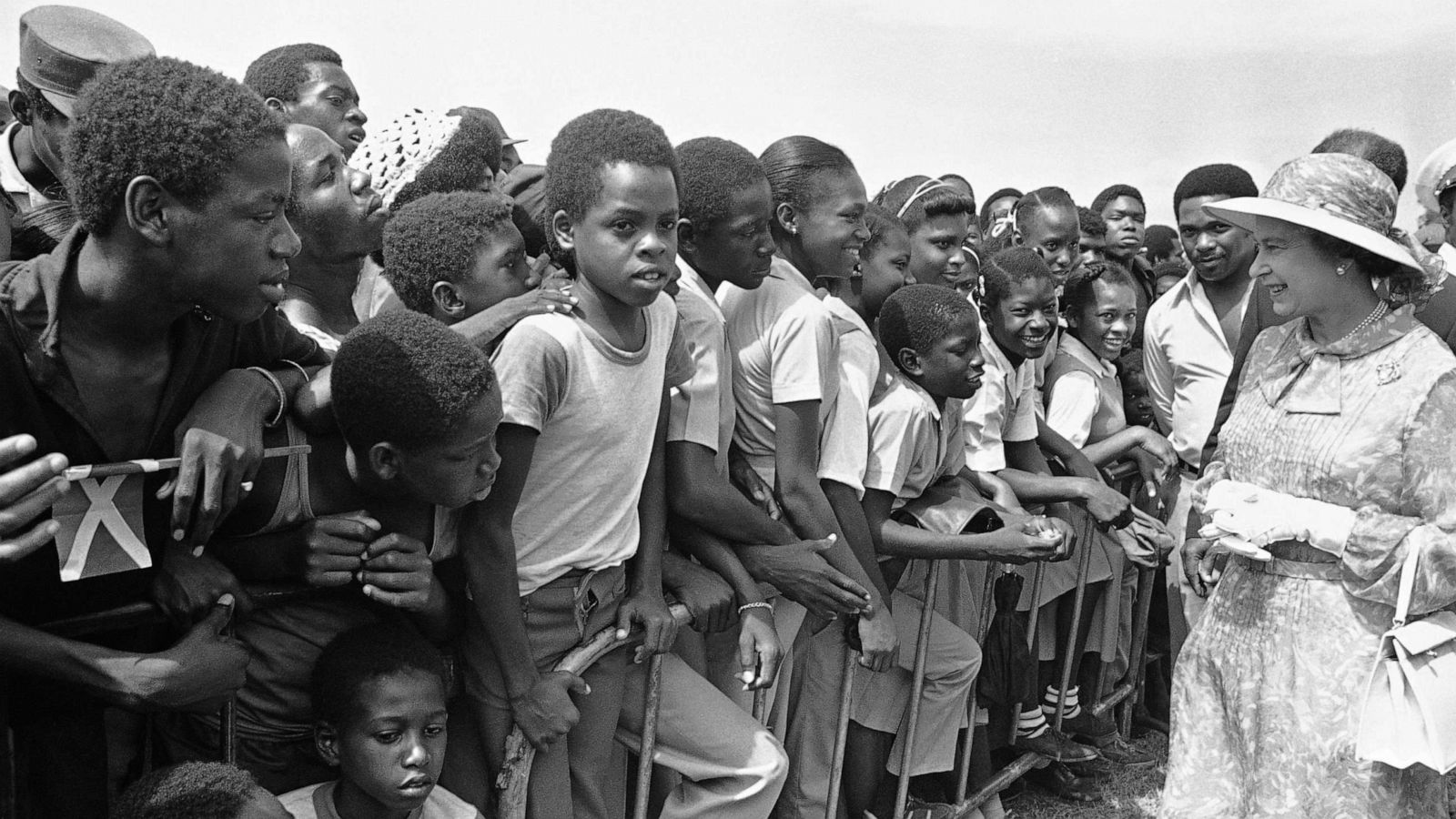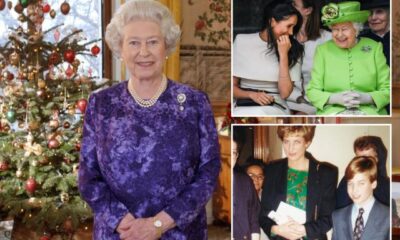Must Read
People in former colonies conflicted over Queen Elizabeth’s legacy, Britain’s colonial past
Title: Queen Elizabeth's Legacy and Britain's Colonial Past Continue to Divide Former Colonies
Introduction:
Thousands of mourners gather in London to pay their respects to Queen Elizabeth II, as she lies in state at Westminster Hall.
The queen is remembered worldwide for her service and leadership as a strong female figure.
However, amidst the celebrations, there is a growing debate about how these commemorations overshadow the dark history of Britain's colonial past and the monarchy's failure to address it.
Calls for Apology and Reparations:
In Commonwealth nations, the queen's passing has led to the lowering of flags and expressions of mourning.
Simultaneously, it has reignited demands for a formal apology, reparations, and even calls for independence from the monarchy.
Dr. Niambi Hall-Campbell Dean, Chair of the Bahamas National Reparations Committee, highlights the contradiction inherent in the queen's symbolism as a “moral leader of a corrupt regime.”
The Lingering Consequences of Colonialism:
Britain's colonial rule, marked by centuries of slavery, continues to impact daily life in former colonies.
Bert Samuels, an attorney and member of Jamaica's Reparations Council, emphasizes the direct link between slavery and the persistent intergenerational poverty and underinvestment in health and education that plague these populations.
The legacy of colonization remains a burden that cannot be ignored.
Racism in the Monarchy:
Samuels also points out the alleged mistreatment of Meghan Markle, the Duchess of Sussex, as a modern manifestation of racism within the British monarchy.
Markle's revelations during an interview with Oprah Winfrey shed light on the royal family's response to her struggles with mental health and concerns over her unborn child's skin color.
This raises questions about celebrating the life of someone who headed an institution accused of racism.
Absence of Apology:
While the queen never formally apologized for British colonialism, Prince Charles acknowledged the “appalling atrocity of slavery” during a ceremony marking the end of the queen's status as Barbados' head of state.
However, the opportunity for real change lies with King Charles III, who now ascends the throne.
Historians believe the monarchy can seek atonement for past injustices and forge a new path.
Reparations and Change:
Several Commonwealth nations, including Jamaica and the Bahamas, have demanded reparations from Britain and expressed their intentions to remove the British monarch as their head of state through referendums.
It is clear that symbolic gestures are no longer enough; substantive action is needed to address the deep-rooted issues stemming from colonialism.
Decolonization and Individual vs.
Systemic Perspective:
Millicent Barty, an advocate for preserving Indigenous storytelling traditions in the Solomon Islands, emphasizes the importance of adopting a systemic lens when addressing decolonization.
While acknowledging Britain's history of colonial violence, Barty separates the individual, Queen Elizabeth, from the system of monarchy.
She admires the queen as an individual but questions the system she represents.
Conclusion:
As mourners pay their respects to Queen Elizabeth II, there is a growing realization that celebrations of her life must not overshadow Britain's colonial past.
Former colonies grapple with the consequences of centuries of slavery and demand acknowledgment, reparations, and independence.
The monarchy has the opportunity to chart a new path by addressing historical injustices, and individuals like Millicent Barty remind us to separate the individual from the system when advocating for decolonization.








































